ETF vs. Index Fund: An Overview
Feb 25, 2024 By Triston Martin
ETFs may be purchased and sold at any time throughout the trading day, but index funds can only be bought and sold at a price established after each trading day. This is the primary distinction between the two types of funds.
This isn't a problem for investors in it for the long haul. The value of the investment in 20 years will not be much affected by buying or selling at noon or 4:00 p.m. But, if you are interested in trading throughout the day, intraday, exchange-traded funds (ETFs) may be a better option for you. They behave similarly to stocks in that they may be exchanged, but investors can still enjoy the advantages of diversification.
Most index funds have higher minimum investments, whereas ETFs often have lower minimums and are more tax efficient. Index funds and exchange-traded funds (ETFs) are two types of investment vehicles that, despite their differences, have many important characteristics. These characteristics include diversification, low investment expenses, and high returns over the long run.
The Minimum Investment Required
Compared to index fund vs ETF often need a smaller initial commitment. Most of the time, all that is required to invest in an exchange-traded fund (ETF) is the amount required to acquire a single share, and some brokers even provide fractional shares.
Yet, brokers often impose minimums for index funds that may be much higher than the average share price. Consider investing in an exchange-traded fund (ETF) with a share price within your financial means or an index fund that does not need a minimum initial contribution from investors if you have a limited quantity to invest.
Capital Gains Taxes You Will Pay
Because of the method in which they are organized, exchange-traded funds (ETFs) provide higher tax efficient than index funds. When you sell an exchange-traded fund (ETF), you almost always end up selling it to another investor who will acquire it, and the cash you get comes straight from that investor. You are solely responsible for paying any taxes owed on any capital gains incurred as a result of such transaction.
You must technically redeem cash from the fund management to withdraw cash from an index fund. The fund manager will then be required to sell assets to produce cash to pay you. If this sale results in a profit, the net gains are distributed equally among all investors who own shares in the fund. This means that you may be required to pay capital gains taxes even though you have never sold a share of your investment.

The Cost of Owning Them
You may easily discover funds that cost less than 0.05% of your investment each year to hold, which is the case for both exchange-traded funds (ETFs) and index funds.
Trading commissions are an additional expense that should be considered. If the broker does charge a commission for trades, you will be required to pay a standard fee each time you buy or sell an exchange-traded fund (ETF). This might reduce your returns significantly if you trade often. Nevertheless, certain index funds require you to pay transaction fees whenever you purchase or sell shares, so it is important to analyze the expenses of both options before deciding which one to go with.
When you purchase exchange-traded funds (ETFs), you will also have to pay a fee known as the bid-ask spread, which is not applicable when you buy index funds. But, if you are investing in ETFs that cover a large market and trade in huge volumes, this fee will often not be particularly significant.
Compared with most actively managed mutual funds, index funds and exchange-traded funds (ETFs) are both less expensive investment choices. When deciding between index funds and exchange-traded funds, evaluate the expense ratios of both funds first and foremost. This is because the expense ratio is an ongoing cost you will pay if you continue to hold the investment. It is also a good idea to investigate the commissions you will be required to pay to purchase or sell the investment; however, these costs are often not as significant unless you are buying and selling the investment regularly.
Bottom Line

Both index mutual funds and exchange-traded funds (ETFs) can provide investors with wide and diversified exposure to the stock market. As a result, both of these types of investments are considered to be strong long-term investments that are suited for the majority of investors. Because ETFs trade on exchanges much like shares of stock, they may be easier to access and more intuitive to trade for individual investors. In addition, they often have cheaper fees and are, on average, more tax-efficient.

All About International Tax Competitiveness Index 2022

Unintended Harm: Is Fraud Prevention Hurting Financial Inclusion?
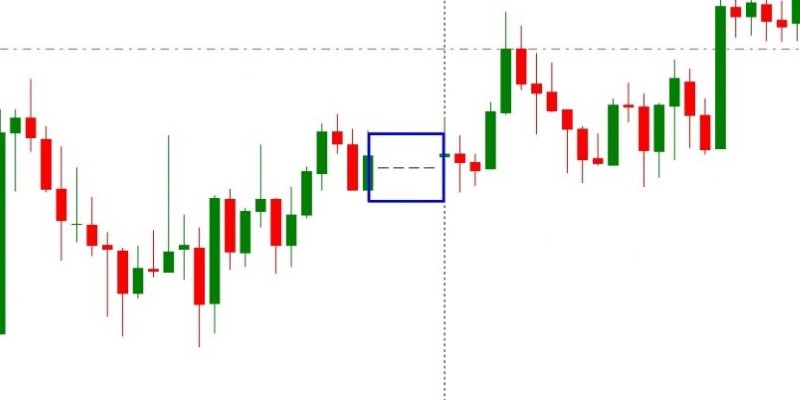
Doji Candlesticks: Unlocking Market Insights Through Indecision
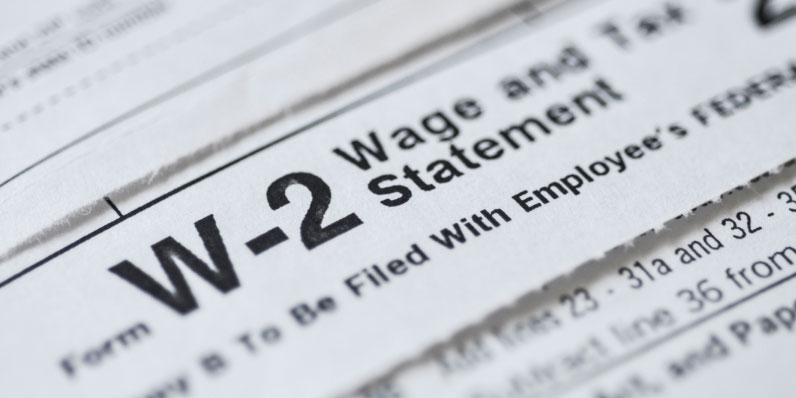
Form W-2: Definition and Working

Hiring a Business Tax Accountant: Key Considerations Guide

What Does It Mean To Be Dependent? Everything You Have To Know
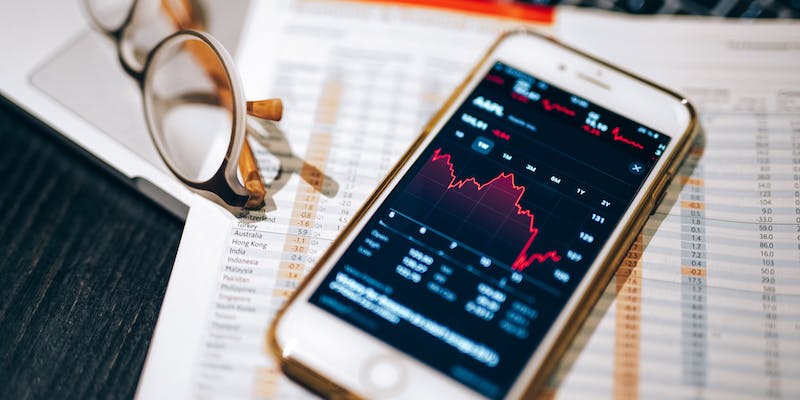
A Beginners Guide to Ordinary Shares - Its Benefits and More
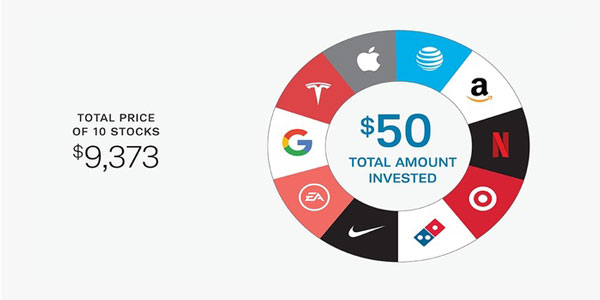
All About the Fractional Investing: Get Started in the Market Without Much Money
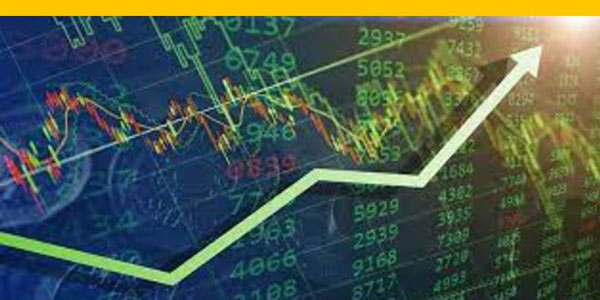
A Complete Guide About What Are Core Assets?

